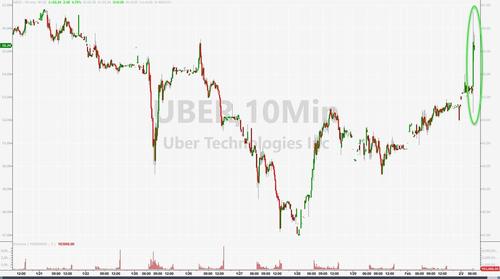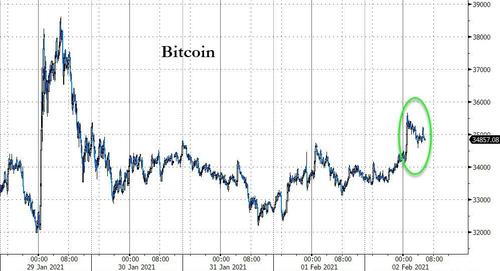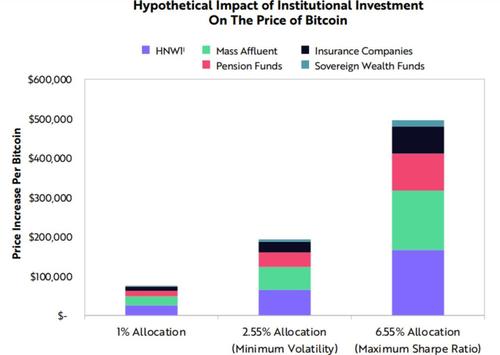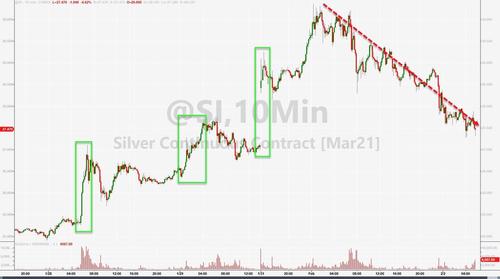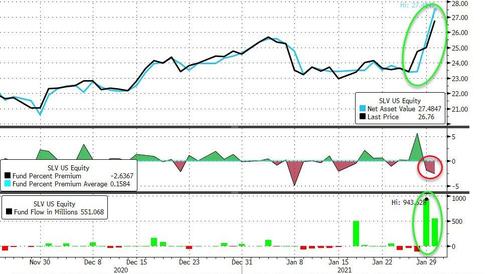
The San Francisco United School District isn’t quite finished with its renaming binge: The district’s arts department, previously titled VAPA (Visual and Performing Arts), will now be known as the SFUSD Arts Department.
This change has been made in accordance with “antiracist arts instruction,” according to ABC-7 News.
“It is a very simple step we can take to just be referred to as the SFUSD Arts Department for families to better understand who we are,” Sam Bass, director of the SFUSD Arts Department, explained in a memo obtained by the local news network.
Bass did not immediately respond to a request for comment, and the memo isn’t widely available. But ABC-7 reported that the decision was made to eliminate VAPA because the department realized acronyms are a symptom of “white supremacy culture.”
The New York Post reported that the memo cites a 1999 paper by Tema Okun. That paper does not specifically say that acronyms are racist, though it does label “worship of the written word” as an aspect of white supremacy. Other purported characteristics of white supremacy are “perfectionism,” a “sense of urgency,” “individualism,” and “objectivity.” (If this list sounds familiar, it’s because the National Museum of African American Arts and Culture got in trouble last year for promoting similar nonsense.) While some acronyms may be confusing to non-native English speakers, it’s quite a stretch to describe them as a function of white supremacy.
Ironically, Okun’s paper lists memos as characteristic of white supremacy, so the department should probably fire Bass for racism. And at risk of stating the obvious, the new name—SFUSD Arts Department—contains an acronym just as surely as the old one did. White supremacy is just that insidious; even an arts department dedicated to antiracism can’t seem to rid itself of the stain.
This development follows the controversial decision by San Francisco’s school board to formally rename 44 schools that currently honor George Washington, Abraham Lincoln, and even Sen. Dianne Feinstein (D–Calif.). As Reason‘s Elizabeth Nolan Brown noted earlier this week, the decision to prioritize this effort at a time when schools aren’t even open strikes many people as embarrassing. “[It’s] a caricature of what people think liberals in San Francisco do,” one parent, a self-described Elizabeth Warren Democrat, told The New York Times.
San Francisco school officials sure seem to enjoy humiliation. When asked about the significant learning losses among students of color who have now been kept at home for nearly a year, School Board President Gabriela Lopez essentially shrugged.
“They’re just having different learning experiences than the ones we currently measure, and the loss is a comparison to a time when we were in a different space,” she told the San Francisco Chronicle.
The arts department’s badly explained name change isn’t nearly as consequential, but it’s still emblematic of a school district caught in the throes of far-left orthodoxy. If VAPA was a confusing name, then the district was perfectly justified in changing it. There’s no need to cloak this mundane and reasonable decision in social justice gobbledygook.
In any case, San Francisco students won’t be doing any art—antiracist or otherwise—until officials bow to the scientific consensus and actually reopen the schools.
from Latest – Reason.com https://ift.tt/36Czc25
via IFTTT



